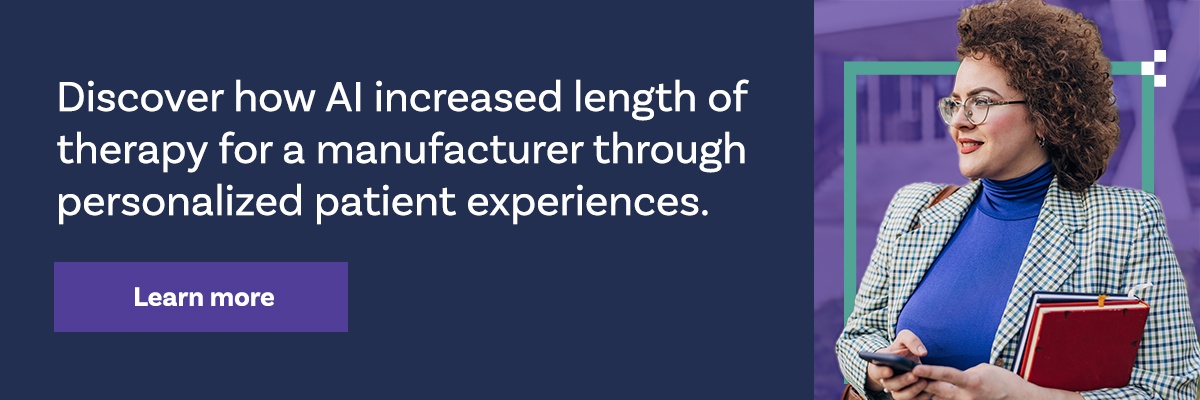Eli Lilly and Co. and Abbott have made headlines recently for using real-world evidence to prove better adherence and outcomes for its diabetes products. More pharma companies are likely to utilize real-world data to support brands as access improves.
Lilly’s real-world diabetes study shows higher adherence, more days on therapy
Lilly announced in mid-June the results of a study that showed its diabetes drug Trulicity (dulaglutide) had significantly higher adherence and longer persistence compared to weekly injections of competitors’ products Ozempic (semaglutide) or Bydureon (exenatide (BCise pen)) in people with type 2 diabetes new to GLP-1 receptor agonist therapy.
The retrospective, real-world, observational study used U.S. claims from the HealthCore Integrated Research Database (HIRD) between August 2017 and June 2019. The primary objective was to compare adherence and persistence over six months among people with type 2 diabetes initiating once-weekly glucagon-like peptide-1 receptor agonists (GLP1s).
The results are “especially meaningful because adherence and persistence can be associated with better clinical outcomes, including blood glucose control, fewer complications and lower healthcare costs,” says Leonard Glass, M.D., Lilly’s VP of medical affairs, in an email interview with Fierce Pharma.
Abbott uses real-world data to demonstrate benefits from diabetes monitoring system
In February at the 13th Advanced Technologies & Treatments for Diabetes (ATTD) in Madrid, Abbott showed that its FreeStyle Libre System delivered positive health outcomes for people with Type 1 and Type 2 diabetes using real-world data from Germany, Sweden, Canada, and the United States.
For example, in Canada, expanded analysis of real-world data demonstrated that higher frequency of scanning is associated with increased time in target glucose range (hours per day spent in between 70-180 mg/dL) and decreased hypoglycemia. Greater time in range has been linked to more stable glucose control, which could lead to fewer complications.
And in the United States, more than 12,000 people with diabetes using a continuous glucose monitor for the first time, including the FreeStyle Libre system, experienced a significant reduction in acute diabetes complications .
“These data highlight how use of Abbott’s continuous glucose monitor could be game-changing for people beyond intensive insulin users, translating to broader use of the technology to benefit all those living with diabetes, no matter where they are in the spectrum of care,” says Dr. Eden Miller, D.O., family practice physician at High Lakes Health Care and one of the lead investigators of the study.
Why access to real-world data is not enough
It’s not enough to have access to real-world data — you also need a team that can analyze the data to deliver value. AllazoHealth’s artificial intelligence engine has access to a comprehensive data set from over 12 million lives, including real-world data from payer, provider and retail claims, social determinants of health, and patient interventions.
We use artificial intelligence to make a positive impact on individual patient behaviors to improve their healthcare outcomes. We help pharmaceutical companies optimize their patient support programs to overcome barriers to medication use for at-risk patients. The result: better patient outcomes, increased persistence, and stronger brands.
